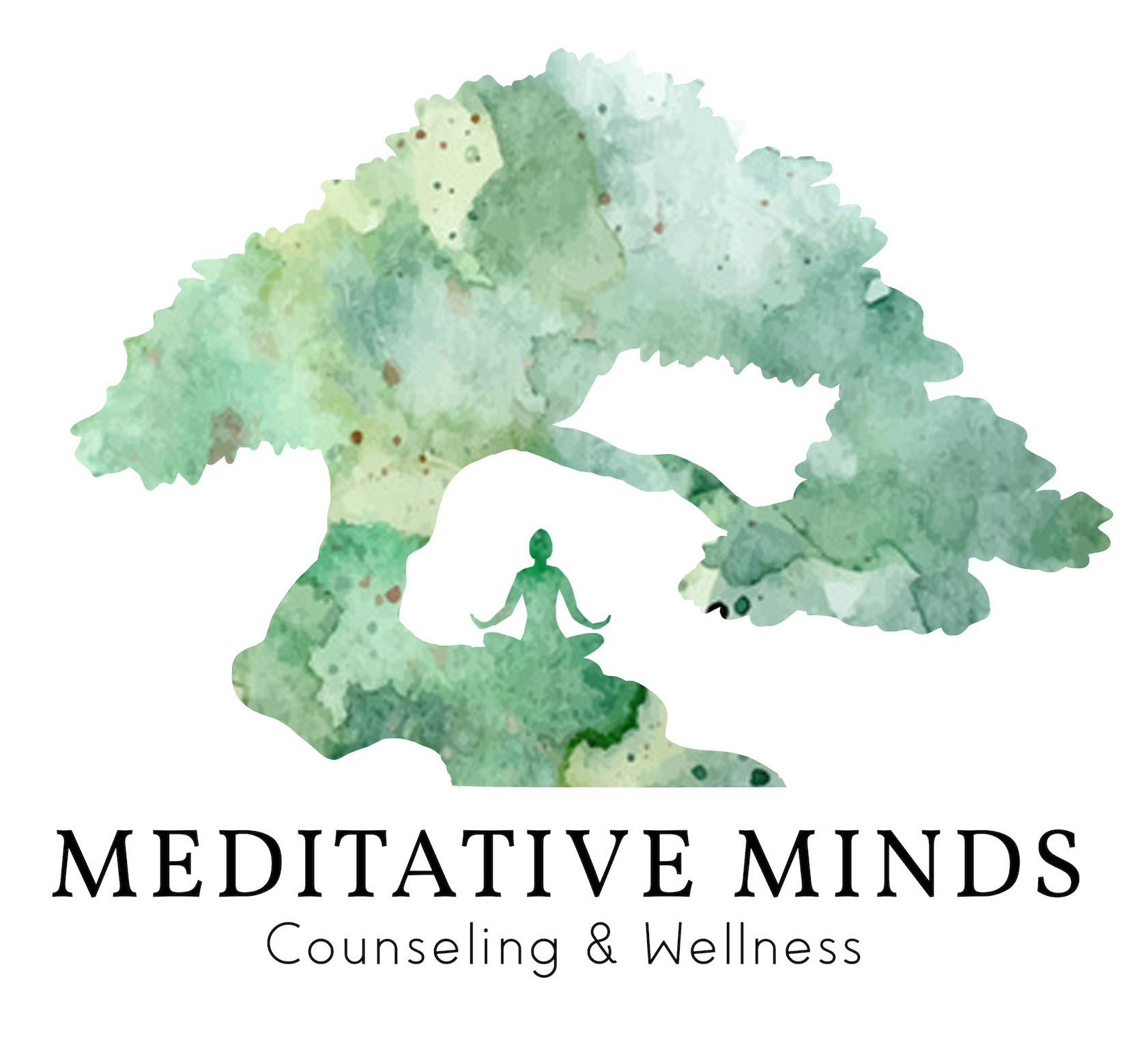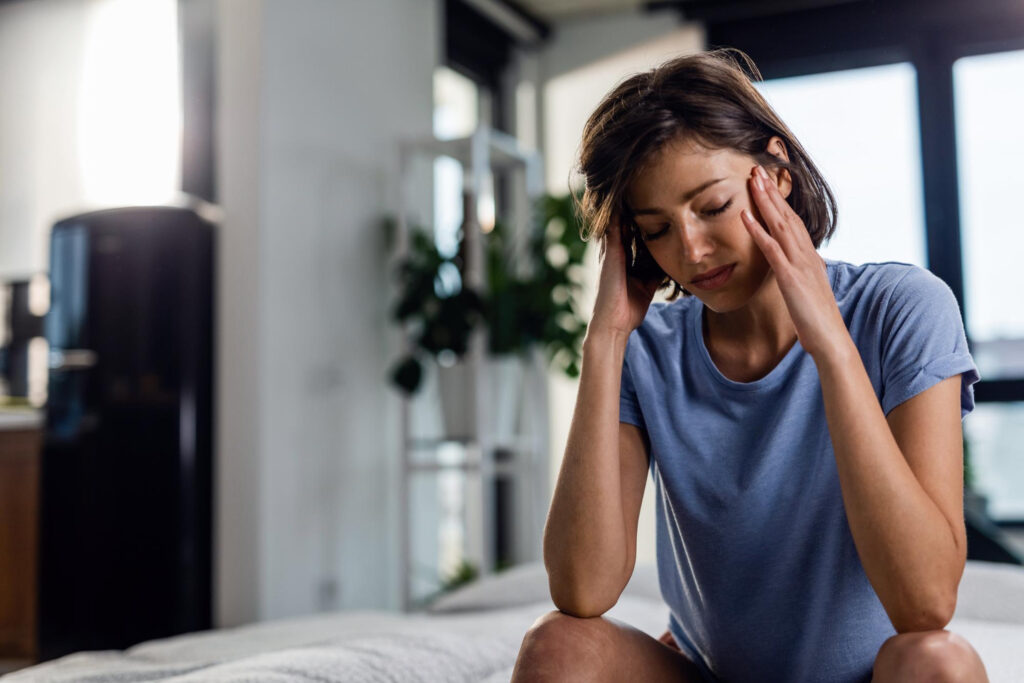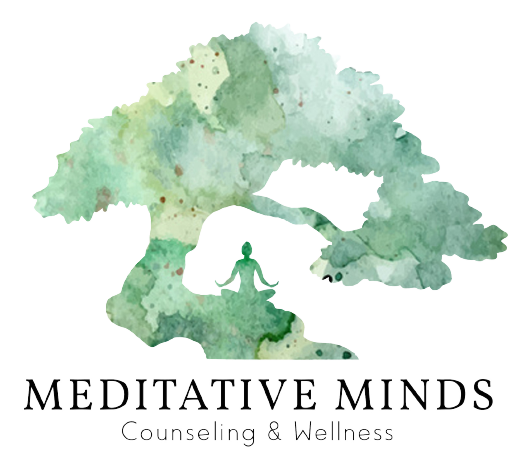The traditional approach to treating anxiety often involves medication and psychotherapy, but there is a growing interest in holistic therapy as a complementary or alternative solution. Holistic therapy emphasizes the interconnectedness of mind, body, and spirit, aiming to address the root causes of anxiety rather than merely alleviating symptoms.
In this blog post, we will delve into the concept of holistic therapy, its principles, and explore whether it could be the answer to your anxiety struggles.
Understanding Holistic Therapy
Holistic therapy, also known as holistic healing or alternative therapy, is a form of treatment that considers the whole person – mind, body, and spirit – in the quest for optimal health and wellness. Unlike conventional approaches that may focus on specific symptoms, holistic therapy seeks to address the underlying imbalances or issues that contribute to mental health challenges, such as anxiety.
-
Mind-Body Connection
Holistic therapy places a strong emphasis on the mind-body connection, recognizing that mental and physical well-being are intricately linked. Practices such as yoga, meditation, and mindfulness are commonly incorporated into holistic therapy sessions. These techniques not only help individuals manage stress but also promote self-awareness, fostering a deeper understanding of one’s thoughts and emotions.
-
Alternative Therapies
Holistic therapy embraces a wide range of alternative and complementary therapies that go beyond traditional counseling methods. Acupuncture, massage therapy, aromatherapy, and herbal remedies are just a few examples. These holistic approaches aim to restore balance and harmony within the body, addressing imbalances that may contribute to anxiety.
-
Nutrition and Lifestyle
A holistic approach to anxiety also involves examining lifestyle factors, including diet and physical activity. Nutrition plays a crucial role in mental health, and holistic therapists often work with individuals to identify dietary changes that may positively impact their anxiety levels. Additionally, promoting a healthy lifestyle through regular exercise and sufficient sleep is considered essential in holistic therapy.
Holistic Therapy Techniques for Anxiety
Now, let’s explore some specific holistic therapy techniques that have shown promise in alleviating anxiety:
-
Mindfulness Meditation
Mindfulness meditation is a cornerstone of holistic therapy. It involves paying attention to the present moment without judgment. By cultivating mindfulness, individuals can learn to observe their thoughts and feelings without becoming overwhelmed by them. Research has shown that regular mindfulness practice can reduce anxiety levels and enhance overall well-being.
-
Yoga
Yoga combines physical postures, breath control, and meditation to promote holistic well-being. The physical practice of yoga can help release tension stored in the body, while the mindfulness aspect cultivates a sense of calm and presence. Many individuals find that incorporating yoga into their routine provides a powerful tool for managing anxiety.
-
Acupuncture
Acupuncture, an ancient Chinese practice, involves inserting thin needles into specific points on the body. From a holistic perspective, acupuncture is believed to balance the flow of energy, or Qi, throughout the body. Studies have suggested that acupuncture may help alleviate symptoms of anxiety by modulating the nervous system and promoting relaxation.
-
Aromatherapy
Aromatherapy harnesses the therapeutic properties of essential oils to promote emotional well-being. Scents like lavender, chamomile, and bergamot are known for their calming effects. Holistic therapists may incorporate aromatherapy into sessions to create a soothing environment and help individuals manage anxiety symptoms.
-
Breathwork
Conscious breathing exercises, or breathwork, are integral to many holistic therapy practices. Deep and intentional breathing techniques can activate the body’s relaxation response, reducing stress and anxiety. Breathwork sessions may involve guided exercises to enhance awareness of the breath and promote a sense of calm.
The Holistic Approach to Anxiety
Holistic therapy recognizes that anxiety is not a one-size-fits-all condition, and individuals may benefit from a combination of approaches tailored to their unique needs. Here’s how holistic therapy addresses anxiety from multiple angles:
-
Identifying Root Causes
Rather than solely focusing on symptoms, holistic therapy seeks to identify the root causes of anxiety. This may involve exploring past experiences, trauma, or underlying imbalances in various aspects of an individual’s life. By addressing the core issues, holistic therapy aims to create lasting change and resilience.
-
Empowering Self-Care
Holistic therapy places a strong emphasis on self-care practices that empower individuals to take an active role in their mental health. This may include developing healthy lifestyle habits, incorporating relaxation techniques into daily routines, and fostering a positive mindset. Empowering self-care is seen as a crucial component of long-term anxiety management.
-
Holistic Therapist as a Guide
In the holistic therapy journey, the therapist serves as a guide and collaborator rather than an authoritative figure. The therapeutic relationship is built on trust and mutual understanding, allowing individuals to actively participate in their healing process. Holistic therapists often work with clients to co-create personalized treatment plans that align with their values and goals.
-
Balancing Energy and Wellness
Holistic therapy views the body as an interconnected system, and imbalances in one area may affect overall well-being. Techniques such as acupuncture, energy healing, and herbal remedies aim to restore balance within the body, promoting a state of equilibrium that can positively impact mental health.
Challenges and Considerations
While holistic therapy holds promise for many individuals struggling with anxiety, it’s not a one-size-fits-all solution. Some people may find certain holistic practices more beneficial than others, and the effectiveness of these approaches can vary from person to person.
Additionally, holistic therapy may not be suitable as a standalone treatment for severe or acute anxiety disorders, where a more intensive and immediate intervention may be necessary.
Conclusion
By addressing the root causes of anxiety and promoting overall well-being, holistic therapy can be a valuable complement to traditional treatment approaches. Whether through mindfulness practices, nutritional counseling, body-centered therapies, or creative expressions, holistic therapy empowers individuals to actively participate in their journey towards mental and emotional balance.
While it may not be a cure-all, exploring holistic therapy alongside conventional methods may provide a more comprehensive and individualized path to wellness. As with any approach to mental health, it’s crucial to consult with qualified professionals to determine the most suitable and effective treatment plan for your unique needs.


